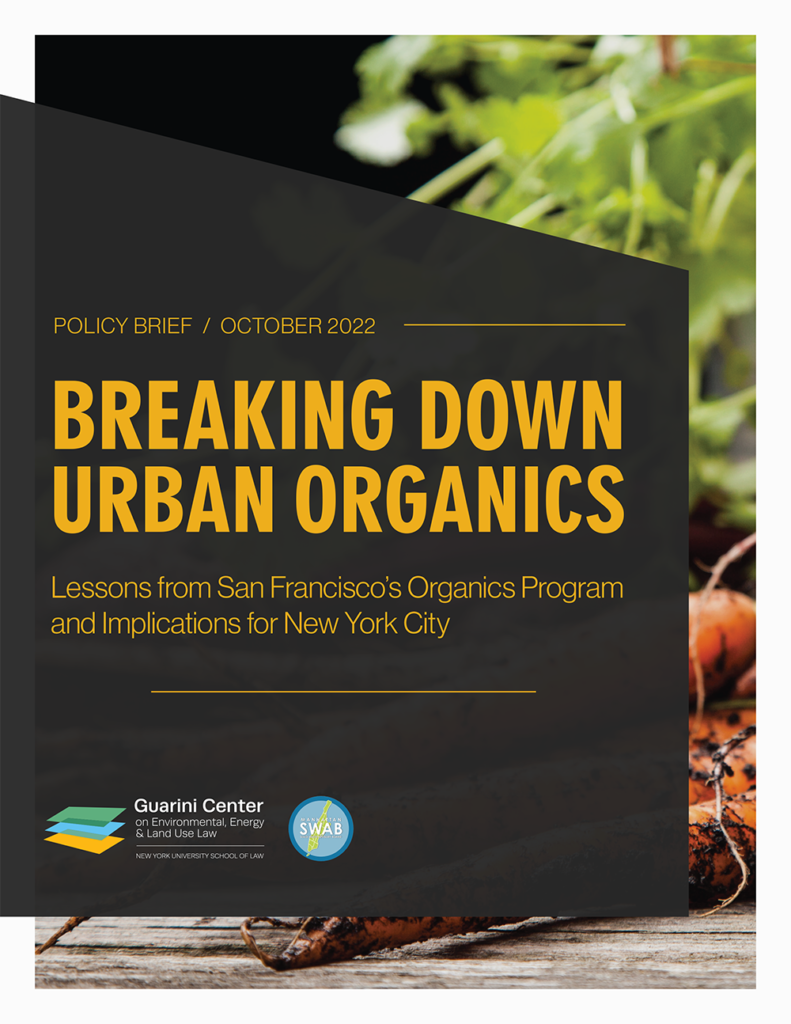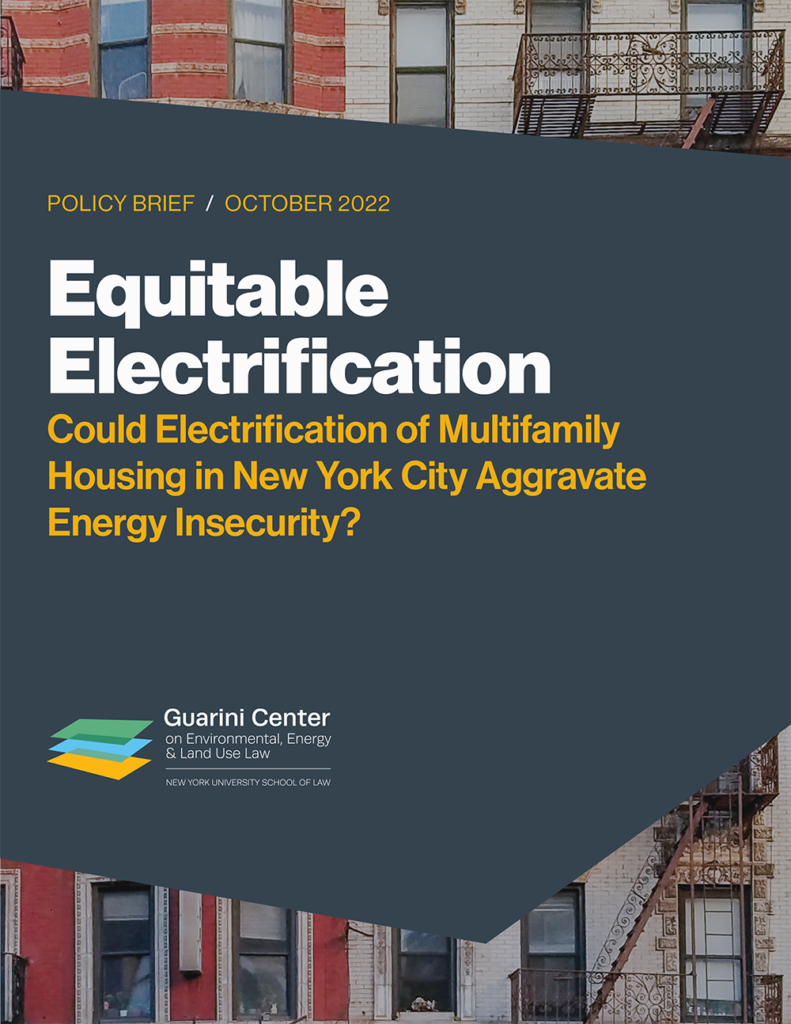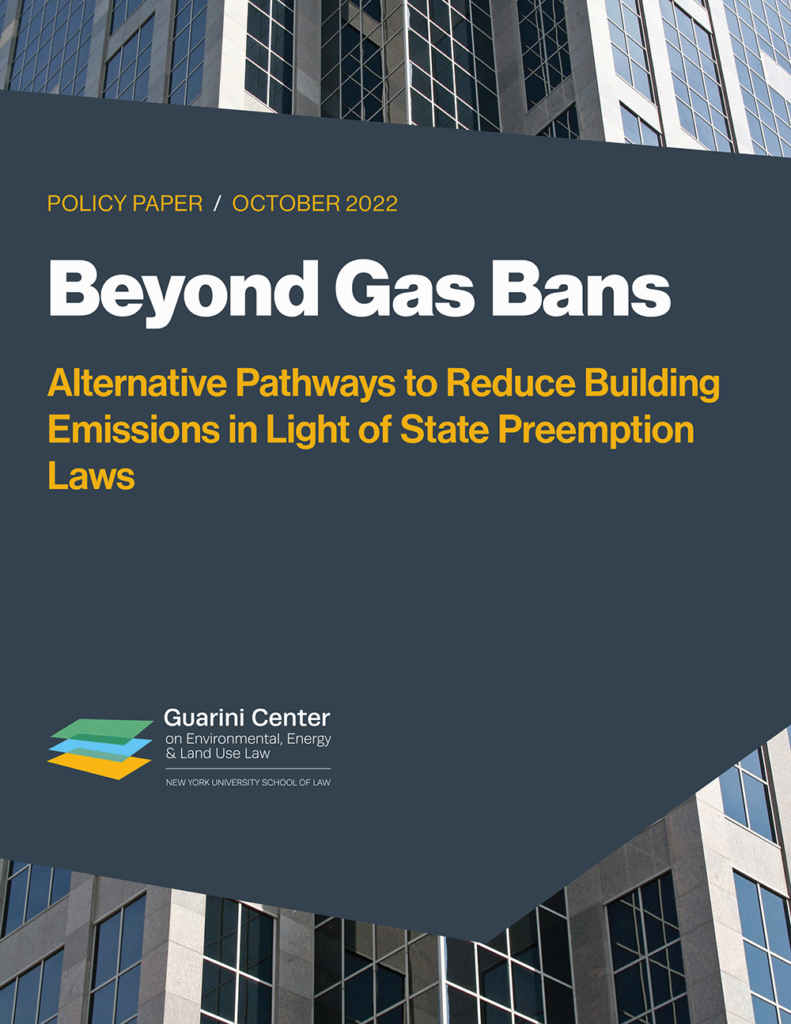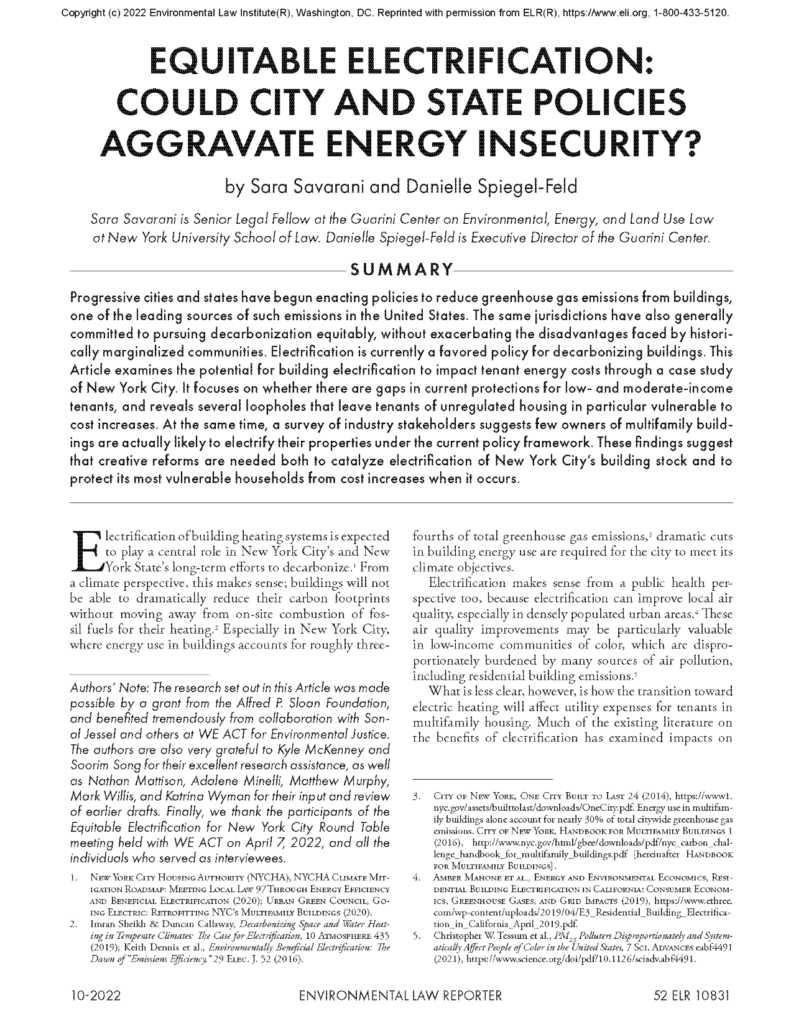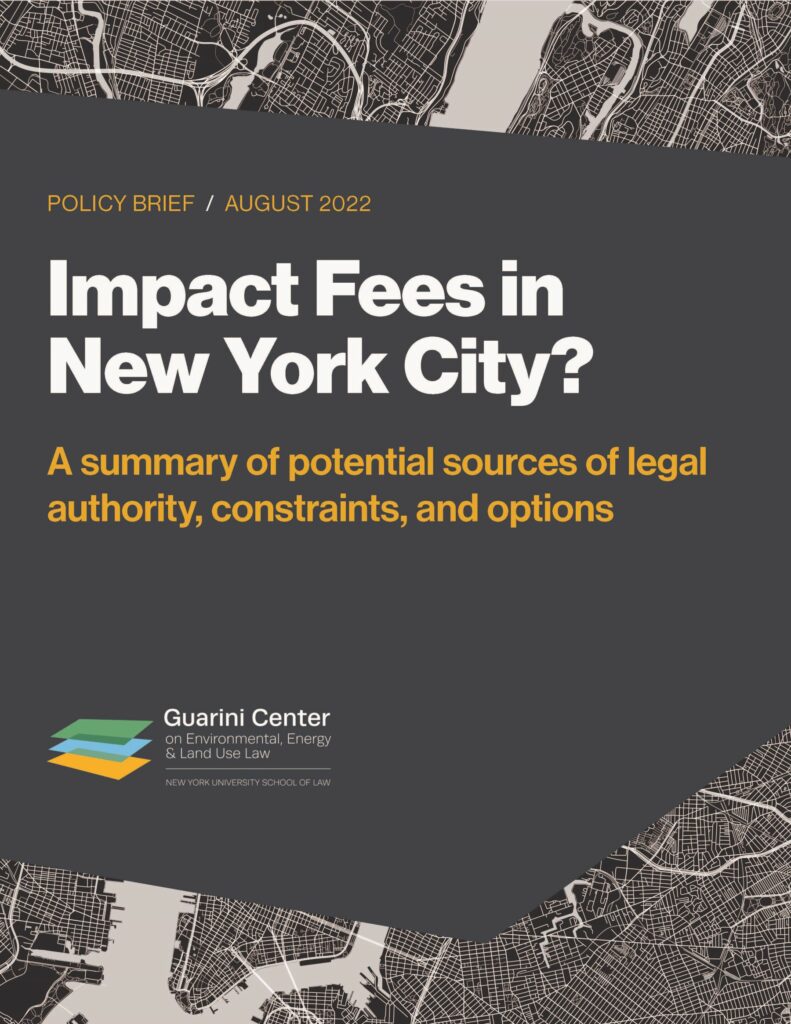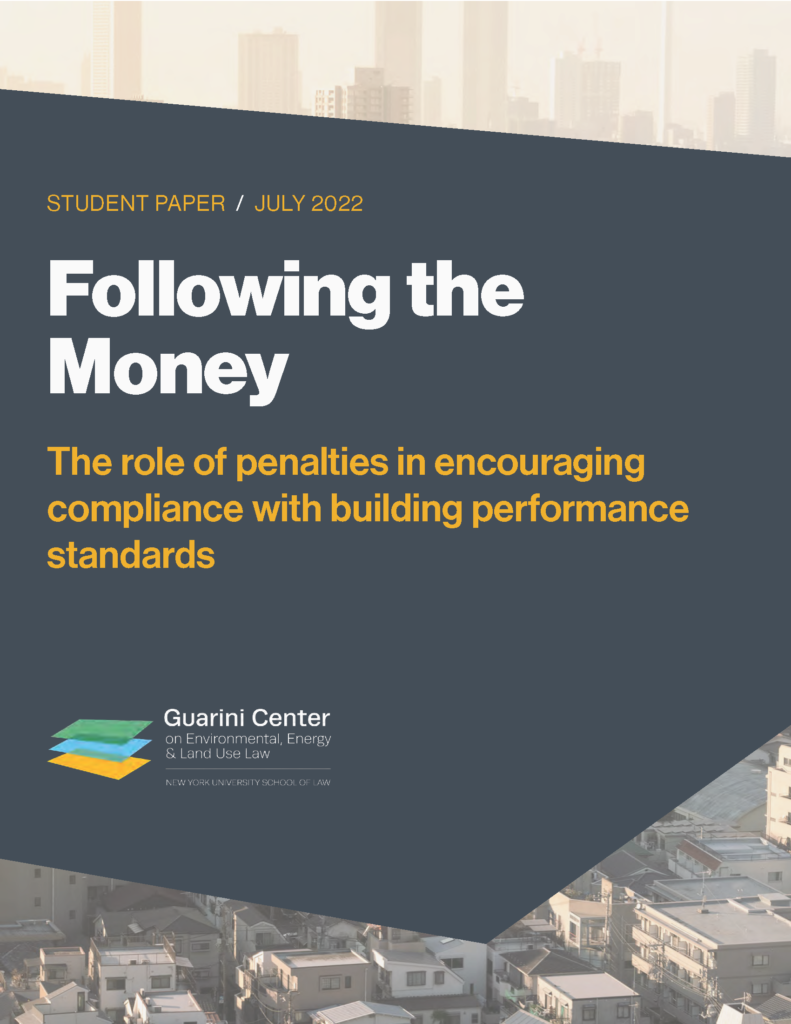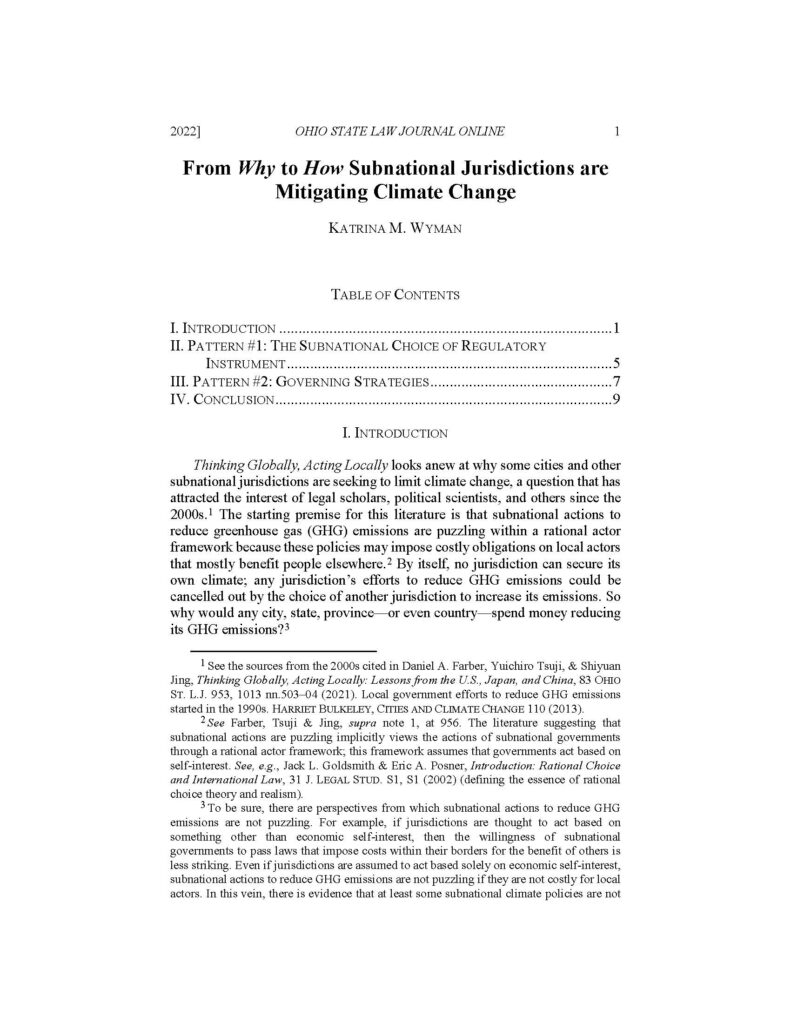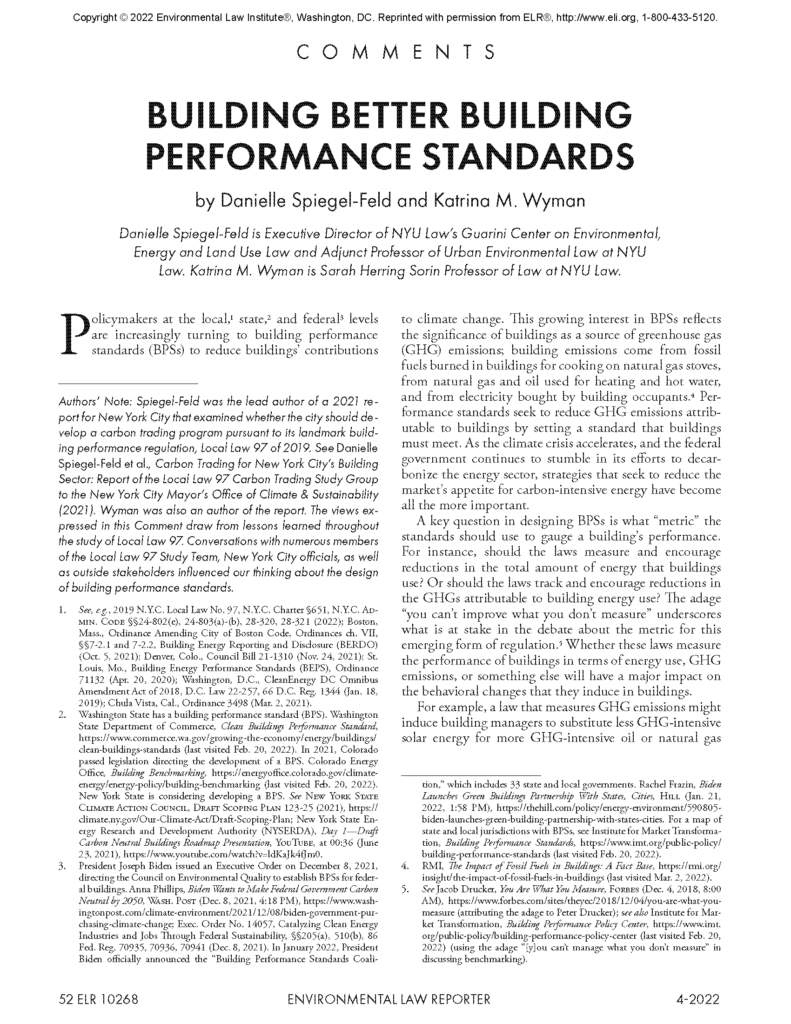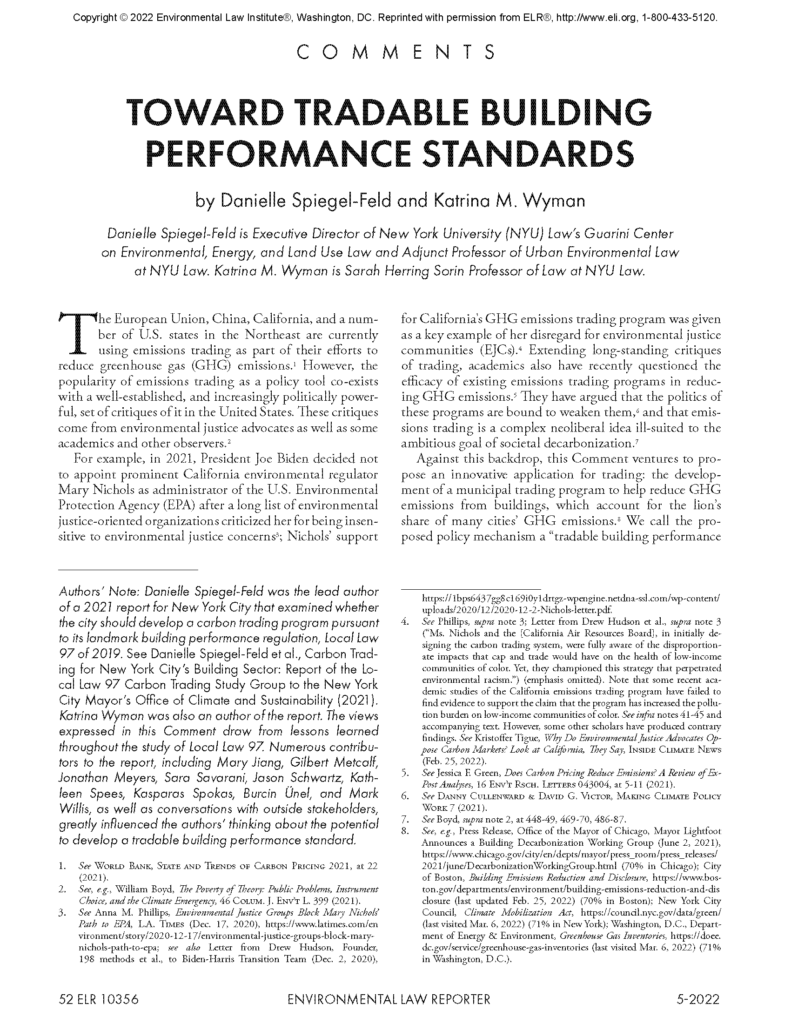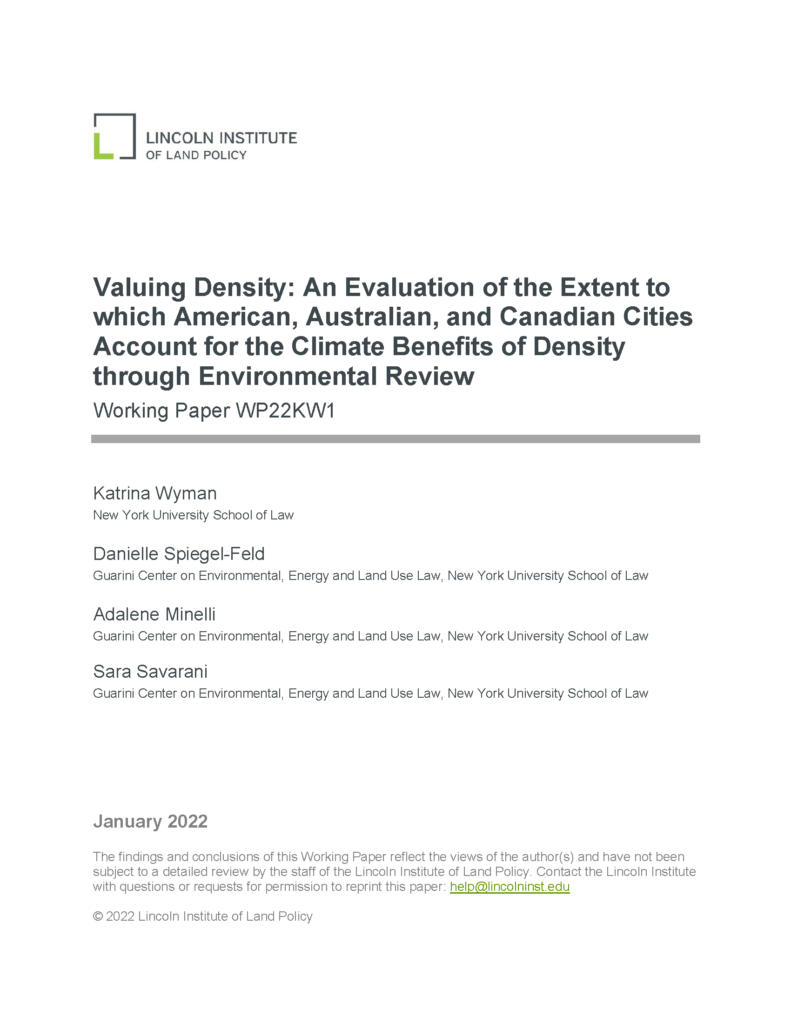Breaking Down Urban Organics: Lessons from San Francisco’s Organics Program and Implications for New York City
The current efforts of the New York City Department of Sanitation (DSNY) to reduce the volume of organics sent to landfills focus on encouraging people to voluntarily separate their organics from recyclables and other waste. Most notably, in August 2022, DSNY announced that it will offer curbside organics collection throughout Queens between October and December […]

